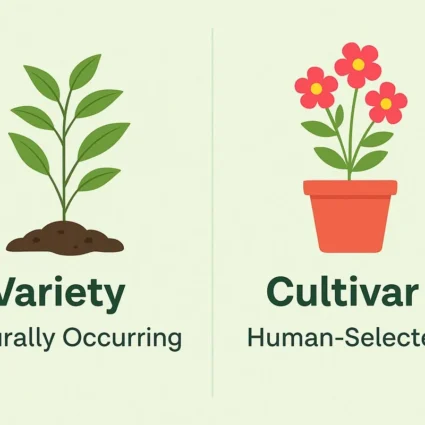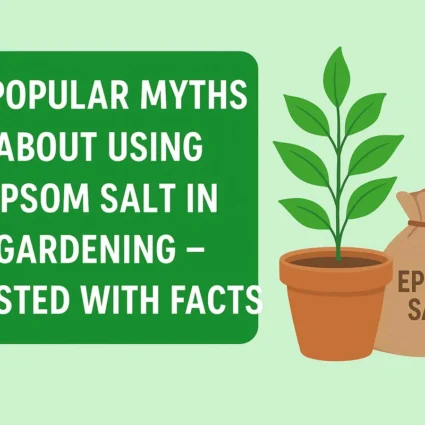
Boost Your Garden: Transforming Cow Dung into Potent Compost in 30-40 Days!
In the world of gardening, compost is often considered black gold – a nutrient-rich, organic substance that promotes healthy plant growth and soil fertility. While there are many types of compost available, one particularly potent variety can be made right in your own backyard using cow dung. Yes, you read that correctly! Cow dung compost, when properly prepared, can provide your garden with a powerful boost of nutrients, all while recycling waste in an environmentally friendly manner. In this blog post, we’ll explore the process of transforming cow dung into high-quality compost in just 30-40 days, and discover how it can supercharge your garden’s growth.
Understanding the Benefits of Cow Dung Compost:

Cow dung has been used as a fertilizer for centuries, prized for its high nutrient content and ability to improve soil structure. Rich in nitrogen, phosphorus, potassium, and other essential minerals, cow dung provides plants with the nourishment they need to thrive. Additionally, cow dung compost helps to retain moisture in the soil, reduces erosion, and promotes beneficial microbial activity, all of which contribute to healthier plants and higher yields.
Also Read This :Transform Your Curry Leaf Plant into a Verdant Forest Haven with This Magical Ingredient
Preparing Your Cow Dung Compost:

To start the composting process, you’ll need a few key ingredients: cow dung, organic matter such as straw or leaves, and a composting bin or pile. Begin by layering the cow dung with the organic matter, making sure to create a balanced mixture of green (nitrogen-rich) and brown (carbon-rich) materials. This will help to facilitate the decomposition process and prevent any unpleasant odors.
Next, it’s time to add moisture to the compost pile. Cow dung compost should be kept moist but not waterlogged, so be sure to water it regularly, especially during dry periods. Turning the compost pile every few days will also help to aerate it and speed up the decomposition process. With the right balance of ingredients and proper maintenance, your cow dung compost should be ready in just 30-40 days.
Also Read This :Exploring the Top 21 Mango Varieties That Make India the Ultimate Mango Paradise
Using Cow Dung Compost in Your Garden:

Once your compost is fully matured, it’s time to put it to use in your garden. Cow dung compost can be applied directly to the soil as a top dressing or incorporated into planting holes for individual plants. You can also mix it with potting soil to create a nutrient-rich growing medium for container plants.
Regardless of how you choose to use it, cow dung compost will provide your plants with a steady supply of essential nutrients, helping them to grow bigger, healthier, and more productive. Plus, by recycling cow dung into compost, you’re reducing waste and minimizing your environmental impact – it’s a win-win for both your garden and the planet!
Also Read This :Maximizing Mango Yield: Tips for Enhancing Growth and Fruit Production
Tips for Success:
- Use mature cow dung that has been properly aged and composted to avoid any potential pathogens or weed seeds.
- Monitor the temperature of your compost pile to ensure that it stays within the optimal range for decomposition (around 130-160°F or 55-70°C).
- Avoid adding any dairy or meat products to your compost pile, as these can attract pests and create unpleasant odors.
- Consider adding additional organic materials such as kitchen scraps or yard waste to your compost pile to enhance its nutrient content and diversity.
Also Read This :5 Easy Tips for Growing Beets in Pots: A Beginner’s Guide
Transforming cow dung into potent compost is a simple and rewarding process that can have a big impact on your garden’s health and productivity. By following the steps outlined in this blog post and incorporating cow dung compost into your gardening routine, you can nourish your plants, improve soil fertility, and reduce waste all at the same time. So why wait? Start composting cow dung today and watch your garden flourish like never before!
Also Read This :Five Simple Strategies for Prolonging the Blooms of Your Peace Lily Houseplants




